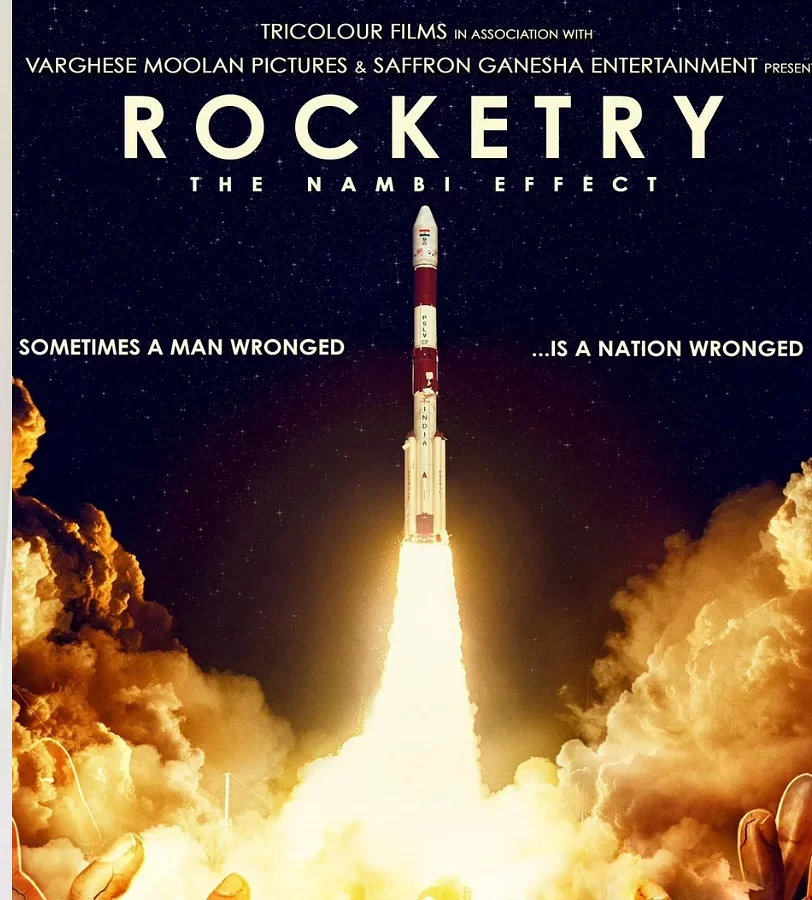MUMBAI: New Zealand’s burgeoning film and television industry creates nearly 22,000 jobs and contributes an immense NZ$2.5 billion ($1.85 billion) to the New Zealand economy, a new report has found.
Prepared by PricewaterhouseCoopers, economic impact of the Film and Television Industry in New Zealand also finds that the sector contributes additional financial benefits to the country by enhancing international awareness and equity in the New Zealand brand.
This boosts tourism, heightens positive perceptions of New Zealand products and contributes to an enhanced sense of national identity.
“This report underlines the importance of the sector to the overall growth and vitality of the New Zealand economy,” said Screen Production and Development Association (SPADA) chief executive Penelope Borland.
“New Zealanders can be justifiably proud of what the screen industry has achieved. The sector has grown tremendously over recent years, enabling us to build a substantial pool of talent and expertise right here in New Zealand.”
Commissioned by the New Zealand Federation Against Copyright Theft (NZFACT) and released at SPADA’s annual conference in Wellington last week, the study measures the direct, indirect and induced economic impacts created by the film and television industry, and combines them to determine the industry’s total economic contribution.
The report’s authors found the industry’s economic impact could be compared to the wine industry, both having grown rapidly over the past decade. With a contribution of NZ$2.5 billion (US$1.85 billion), the film and television sector’s total impact on New Zealand’s 2008 GDP of NZ$178 billion (US$132 billion) was 1.4 per cent.
Like the wine industry, the film and television sector’s value added per employee is far higher than the national average. The average direct value added per employee in the film and television sector was NZ$133,000 (US$98,500), well above the NZ$81,000 (US$60,000) average for all New Zealand employees.
Borland said the report highlights the need to protect an industry that while still growing, was already contributing significantly to the New Zealand economy.
“Piracy is one of the industry’s biggest threats as it jeopardizes a movie’s ability to make money – if at all. This affects the level of investment available for new films.”
“The smaller, local screen industries – like New Zealand’s – suffer its effects the most because we’re the ones that can least afford any loss of income.”
New Zealand Picture Exhibitors Association president and Bay City Cinemas managing director Paul Desmond said, “Along with providing jobs and entertainment, in small city and town communities like Tauranga and Mt Mauganui where we are, cinemas also serve as meeting places and are often the social hub of the community. We’re proud to be a part of this vibrant industry.”
Desmond said however that rampant piracy has the potential to undermine an industry that still has so much potential for growth.
“Right now, copyrighted material can be stolen almost at will, with little consequence for the offenders. Their actions, however, have the potential to wreck an industry that brings a lot of enjoyment – and employment – to so many New Zealanders.”
The Motion Picture Association’s president and managing director Asia-Pacific Region Mike Ellis said, the report affirms the significant economic value of the New Zealand industry.
“It’s an industry that continues to grow from strength to strength. In this regard, it is crucial that the creative content generated by the industry is not threatened by growing online copyright infringement. We remain committed to working with the New Zealand film and television industry to combat this issue.”
NZFACT executive director Tony Eaton said there needed to be a strong legislative response in tackling the issue of mass copyright infringement. The Government is currently seeking to address the issue through a redraft of Section 92a of the Copyright Act.
“Education played a vital role in deterring piracy, but a legal deterrent was also needed,” said Eaton, citing results from a recently conducted survey by independent research firm Synovate of 500 New Zealanders.
Commissioned by NZFACT, movie file sharing among young New Zealanders found that a notice from their ISP would be enough to stop 71% of young people further accessing illegal copies of movies.




